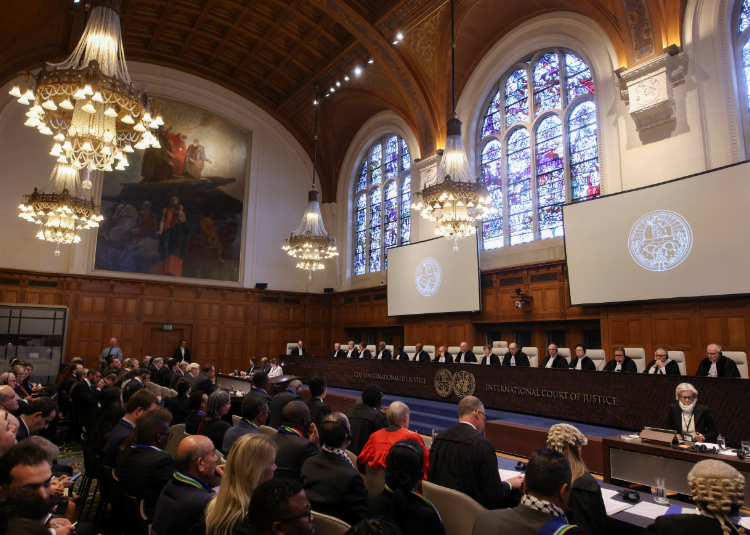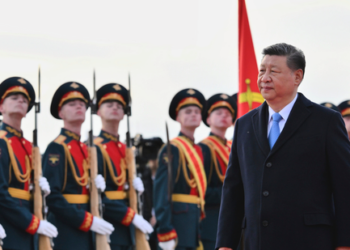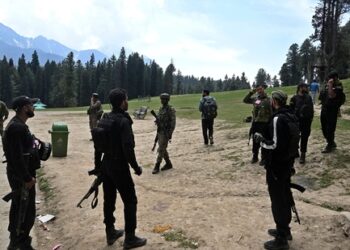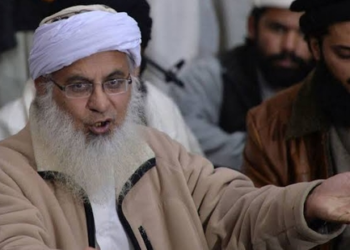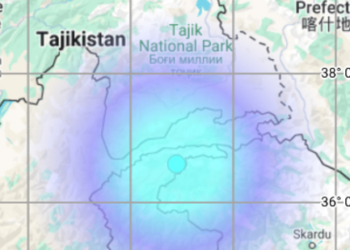In a strongly-worded response, former Israeli Prime Minister Benjamin Netanyahu has condemned the recent International Court of Justice (ICJ) decision related to the genocide case, while on the ground, residents of northern Gaza find themselves returning to a bleak wasteland following recent conflicts in the region.
Netanyahu, a prominent figure in Israeli politics, expressed his disapproval of the ICJ’s involvement in a case pertaining to allegations of genocide. The former Prime Minister denounced the move, asserting that it undermines Israel’s sovereignty and opens the door for what he termed as “politically motivated legal battles.” The ICJ’s decision has heightened tensions in the already volatile Middle East, with political leaders and analysts closely monitoring developments.
Simultaneously, the residents of northern Gaza are grappling with the harsh reality of returning to areas left devastated by recent conflicts. The wasteland that was once home to bustling communities now stands as a stark reminder of the toll the Middle East conflict has taken on civilian life and infrastructure. Families returning to their homes are faced with the monumental task of rebuilding their lives amidst the ruins.
The ICJ’s involvement in the genocide case has been met with mixed reactions globally, with proponents lauding it as a necessary step towards accountability and justice, while opponents argue that it could further complicate efforts to reach a peaceful resolution to the longstanding conflict. Netanyahu’s condemnation adds a political dimension to the legal proceedings, highlighting the deep-seated divisions on the matter.
As international attention remains focused on the legal proceedings, the plight of Gazans returning to a desolate landscape underscores the human cost of the ongoing conflicts in the region. The destruction of homes, infrastructure, and the displacement of families are stark reminders of the challenges faced by civilians caught in the crossfire.
The coming weeks are likely to witness continued debates on the ICJ’s involvement in the genocide case, with political leaders and diplomats navigating the complex geopolitical landscape of the Middle East. The simultaneous struggle of Gazans returning to their homes amplifies the urgency for concerted efforts to find a lasting and sustainable resolution to the conflicts that have plagued the region for decades.




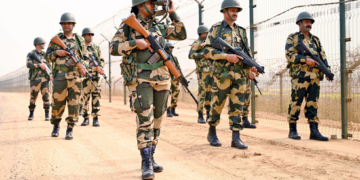
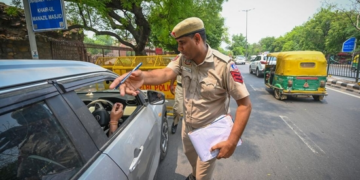
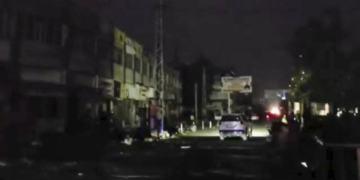
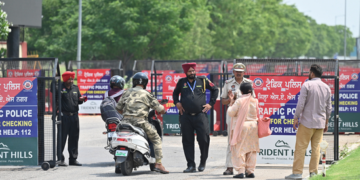
 India
India
